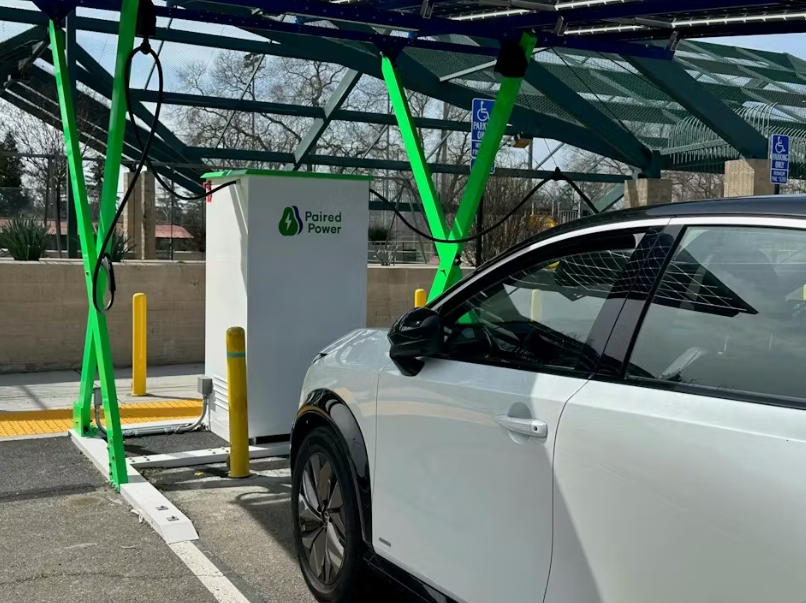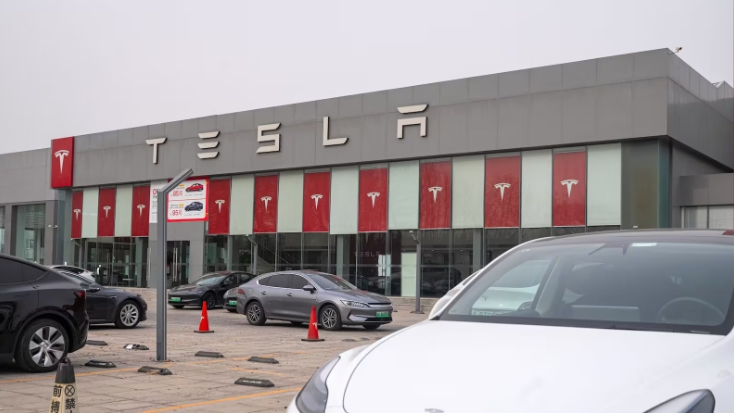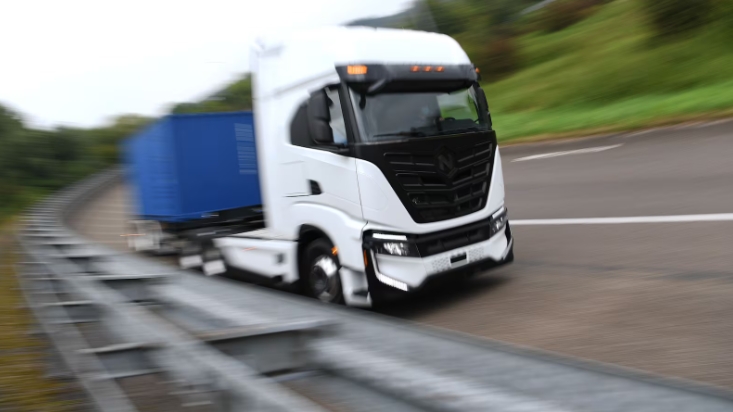
Fiber-reinforced pressure vessels are increasingly becoming the cornerstone of the hydrogen economy, playing a key role in the transport, storage and use of hydrogen for mobile and stationary applications. AZL Aachen GmbH (Germany), in collaboration with a consortium of 25 industry players, has announced successful completion of its 12-month R&D project entitled “Trends & Design Factors for Hydrogen Pressure Vessels,” which was launched in November 2023.
The 550-pages report, presented to the 40 participants of the final project meeting in November of this year, provides a comprehensive overview of the market and technology trends related to the development of thermoset and thermoplastic pressure vessels. By addressing material impacts, complex design considerations and advanced manufacturing technologies, the project provides business and technology insights. Companies along the whole value chain of pressure vessels have been involved — resins, fibers, liners, production systems, vessel manufacturers, hydrogen system integrators and OEMs.
The first phase of the project involved an in-depth review of regulations, requirements and safety standards, together with examples of state-of-the-art hydrogen pressure vessels. Key aspects covered included manufacturing processes, supply chains and production technologies, as well as a comprehensive patent analysis. In addition, the study examined winding patterns, design strategies, material models and software tools used in the development of pressure vessels.
The second phase of the project involved extensive engineering studies. Warden Schijve, design leader at AZL, explains the procedure: “Our team of experts developed CAE models for 12 different layouts of a 2-meter, 350-liter Type 4 pressure vessel designed for 700 respectively 350-bar applications. These models incorporated different resin and fiber types, layup variations and boss designs to evaluate the impact on mechanics, weight, cost and carbon footprint. We also explored hybrid fiber combinations and dome reinforcement using patch technologies. Detailed process chain modeling provided further insight into cost structures and CO2 footprints.”
The results of the project also show initial future trends: Through the targeted use of advanced material combinations, adapted designs and manufacturing techniques, it is possible to significantly reduce the weight and cost of the vessels while maintaining necessary safety standards. Compared to state-of-the-art vessels, hydrogen-over-tank-weight efficiencies could be improved from the standard 6-7% to up to more than 11%. AZL says these developments could strengthen the competitiveness of hydrogen technology in various mobility and energy sectors in the future.
“The knowledge gained from the project provides a solid foundation for the use of new technologies to meet the hydrogen economy’s requirements for safe and cost-effective pressure vessels,” emphasizes Celal Beysel, chairman of the board at Floteks Plastik San. Tic. A.Ş (Bursa, Türkiye).
Floteks, a Tier 1 supplier of plastic components, has launched numerous R&D initiatives in the design and development of Type 4 vessels in recent years. In 2023, the company joined the AZL Composite Pipes and Vessels Working Group and the “Trends and Design Factors for Hydrogen Pressure Vessels” project.
Companies and organizations seeking detailed insights or collaboration opportunities are encouraged to contact AZL Aachen GmbH, which serve as an innovation partner for hydrogen tank development, prototyping and testing, and is dedicated to advancing composite technologies.







